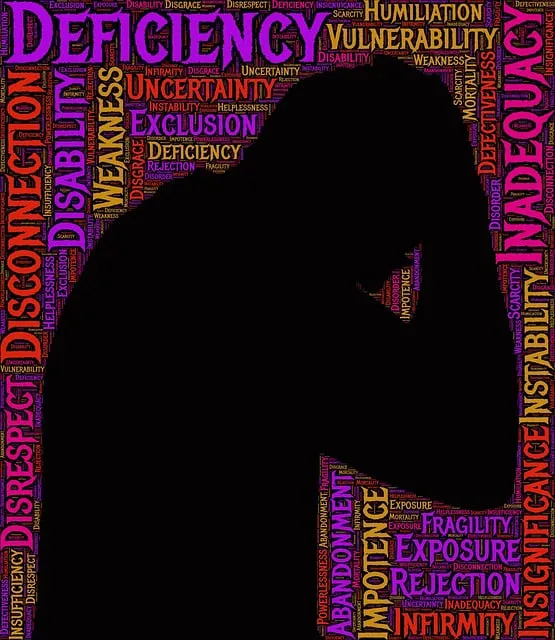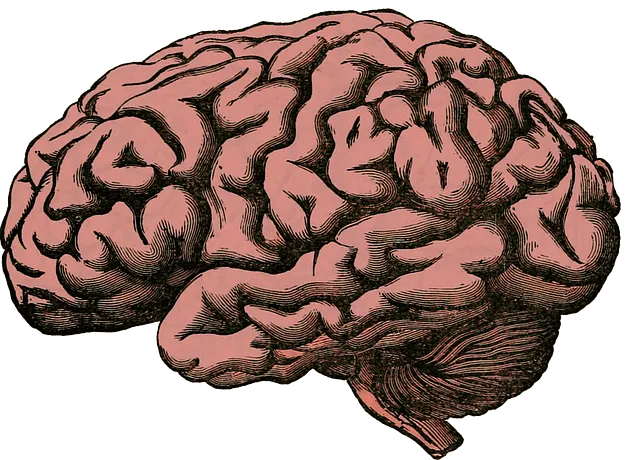Evaluating the impact of Colorado Springs Kaiser mental health classes involves a multi-faceted approach combining quantitative and qualitative data. Pre- and post-program surveys measure immediate and long-term effects on symptoms, attitudes, and functioning, while also gauging stigma reduction and positive thinking shifts. Qualitative feedback from participants provides deeper insights into the program's influence on relationships, work/education, and overall well-being. This comprehensive evaluation method, driven by stakeholder collaboration and continuous improvement, enables Colorado Springs Kaiser to adapt its programs to meet diverse needs, reduce mental illness stigma, and enhance holistic healing within the community.
Evaluating mental wellness programs is crucial for ensuring their effectiveness, especially in initiatives like the Colorado Springs Kaiser mental health classes. This article explores three key evaluation methods: Assessing Program Impact through quantitative analysis of success metrics; Participant Feedback, leveraging self-report and qualitative data to gain insights; and Stakeholder Involvement, fostering collaboration for continuous program improvement. Together, these strategies enable a holistic understanding of the Colorado Springs Kaiser mental health classes’ impact on participant wellness.
- Assessing Program Impact: Methods for Measuring Success in Colorado Springs Kaiser Mental Health Classes
- Participant Feedback: Utilizing Self-Report and Qualitative Data Collection Techniques
- Stakeholder Involvement: Collaboration for Continuous Improvement of Mental Wellness Programs
Assessing Program Impact: Methods for Measuring Success in Colorado Springs Kaiser Mental Health Classes

Evaluating the impact of mental wellness programs is a multifaceted process, especially when considering the complex nature of mental health and well-being. The Colorado Springs Kaiser mental health classes provide a unique opportunity to assess both immediate and long-term effects on participants’ lives. One effective method for measuring success involves pre- and post-program surveys that gauge changes in symptoms, attitudes, and overall functioning. These surveys not only capture improvements in common mental health challenges but also explore shifts in perceptions related to mental illness stigma reduction efforts and positive thinking.
Additionally, qualitative feedback from participants offers valuable insights into the program’s impact on their lives. This can include open-ended questions about how the classes have influenced their relationships, work or educational performance, and overall sense of well-being. By combining quantitative data with rich, descriptive narratives, evaluators can gain a comprehensive understanding of the program’s effectiveness in fostering cultural sensitivity in mental healthcare practice and enhancing participants’ mental health journeys.
Participant Feedback: Utilizing Self-Report and Qualitative Data Collection Techniques

Participant feedback is a crucial component of evaluating any mental wellness program, offering insights into its effectiveness and impact on individuals’ lives. Two powerful methods for gathering this feedback are self-report and qualitative data collection techniques. At Colorado Springs Kaiser mental health classes, these approaches have proven invaluable in measuring progress.
Self-report tools allow participants to share their experiences and perceptions anonymously, providing a direct window into the benefits they’ve gained from the program. This can include surveys or questionnaires that touch on various aspects like stress reduction methods, confidence boosting strategies, and self-care practices. Qualitative data, on the other hand, delves deeper through open-ended questions, interviews, or focus groups. These techniques enable participants to express their thoughts, feelings, and personal stories, offering a richer understanding of their mental wellness journey.
Stakeholder Involvement: Collaboration for Continuous Improvement of Mental Wellness Programs

Effective mental wellness program evaluation requires stakeholder involvement and collaboration to ensure continuous improvement. At Colorado Springs Kaiser, this collaborative approach is evident in their comprehensive emotional healing processes, which integrate Trauma Support Services to address the unique needs of individuals with complex histories. By actively engaging community members, healthcare professionals, and those with lived experiences, these programs can adapt to evolving mental health trends and best practices.
This inclusive model not only enhances program effectiveness but also fosters Mental Illness Stigma Reduction Efforts. Through open dialogue and shared responsibility, stakeholders contribute valuable insights that guide curriculum development, ensuring the mental wellness classes meet the diverse needs of participants. Such collaborative evaluation methods are instrumental in revolutionizing mental healthcare, promoting holistic healing, and ultimately enhancing the well-being of individuals within the community.
Evaluating mental wellness programs is essential for ensuring their effectiveness, and this article has explored diverse methods. From assessing the impact of Colorado Springs Kaiser mental health classes through various metrics to gauging participant feedback using self-report and qualitative techniques, each approach offers valuable insights. Furthermore, stakeholder involvement proves pivotal for continuous improvement, fostering a collaborative environment that strengthens these programs. Integrating these evaluation strategies enables organizations to adapt, enhance, and ultimately optimize the benefits of mental wellness initiatives.






